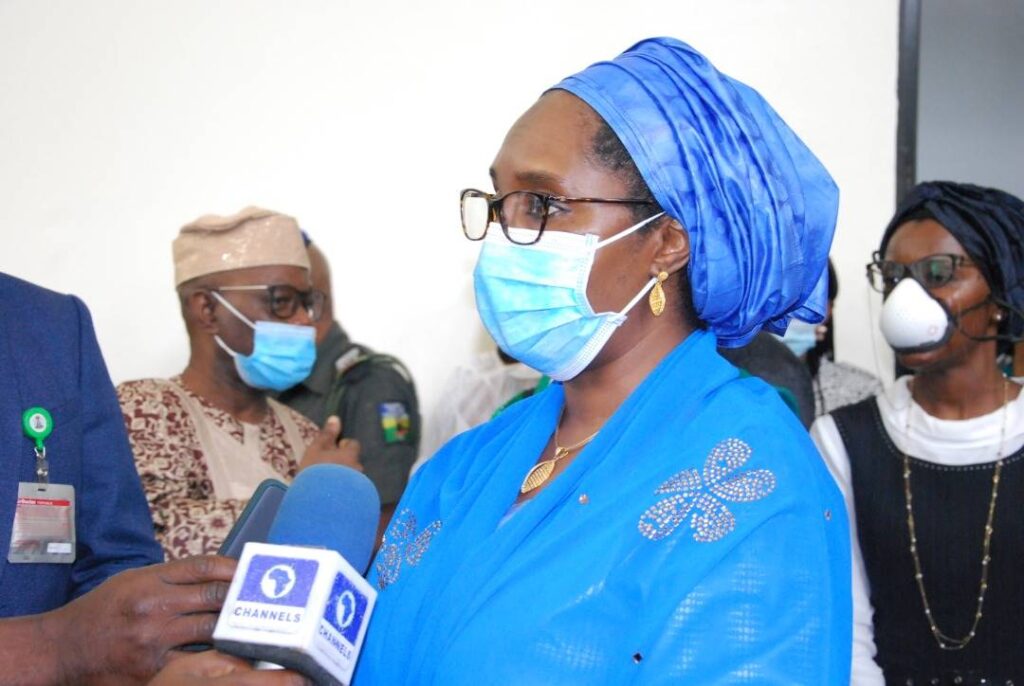Against the backdrop of the fact that Federal Government’s attempt to reawaken public interest on the government’s whistle blower policy did not quite materialise, the government has organised a national conference from which to harvest more participants’ inputs to develop a robust draft whistle blower bill for the consideration and approval of the Federal Executive Council (FEC) and eventually the National Assembly.
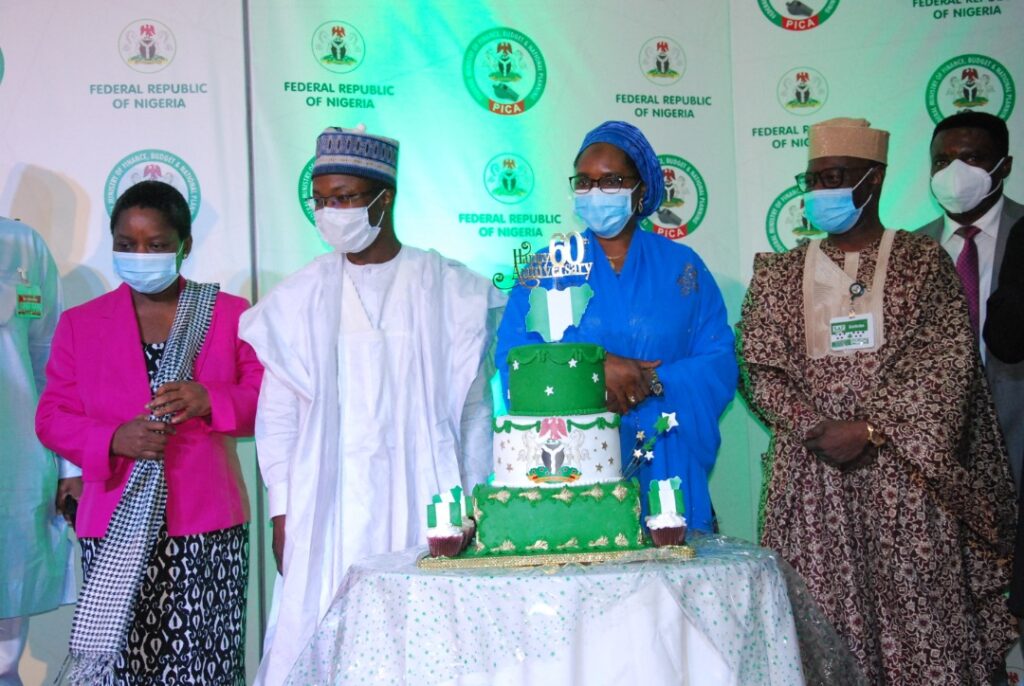
In a welcome address by the Honourable Minister of Finance, Budget and National Planning, Mrs. Zainab Shamsuna Ahmed, at the national conference (virtual and physical) yesterday on the whistle blower policy in Nigeria held in Abuja, she said that over time the government had realised that most citizens were not aware of the existence of the policy, not to talk of its key objectives.
Furthermore, the workings or operational modalities of the implementation of the policy, according to her, were generally misunderstood.
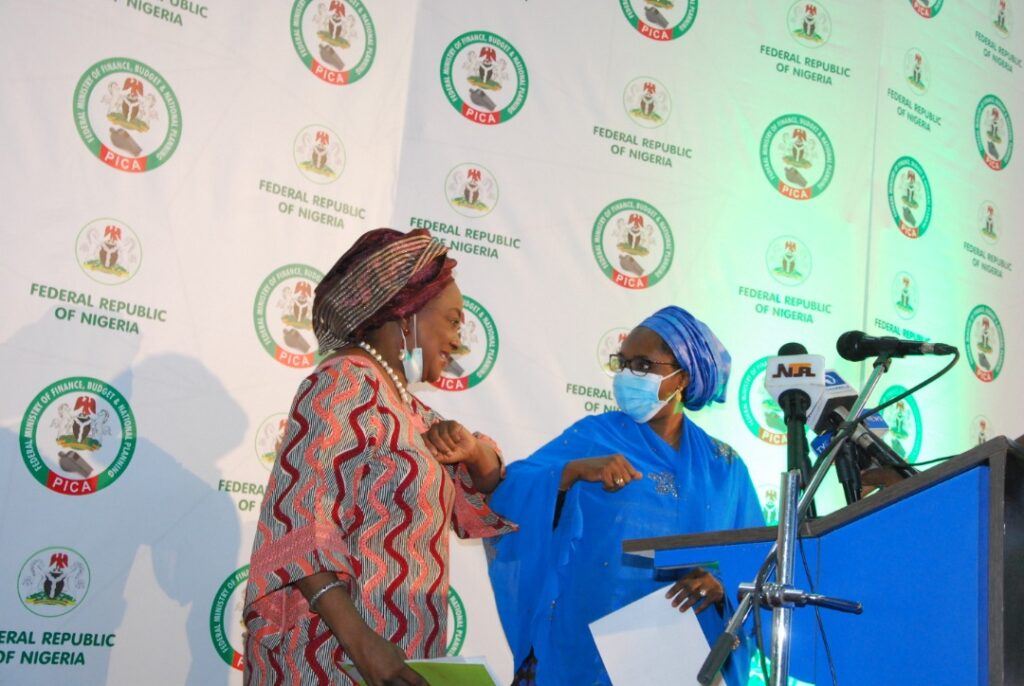
Ahmed noted: “At inception, there was widespread enthusiasm as Nigerians volunteered numerous actionable information. Such information or tips were usually referred for further painstaking investigation by the Economic and Financial Crimes Commission (EFCC), Independent Corrupt Practices and Other Related Offences Commission (ICPC), Nigerian Financial Intelligence Unit (NFIU) or The Department of State Services (DSS).
“As expected, there were recoveries and the cleaning of the Integrated Personnel Payroll Information System (IPPIS); stoppage of non-compliance with the Treasury Single Account (TSA) and violations of the procurement Act 2007, etc. However, after sometime, interest on the implementation of the policy nosedived.”
“To address these issues, a committee with representatives from anti-graft and security agencies chaired by a representative of the Federal Ministry of Justice was set up to draft a whistle blower bill, taking into account all the complaints received from the public and the observations of the various stakeholders. The draft Bill was subjected to a validation exercise with stakeholders including non-state actors like MacArthrur Foundation, Afrimill and others.
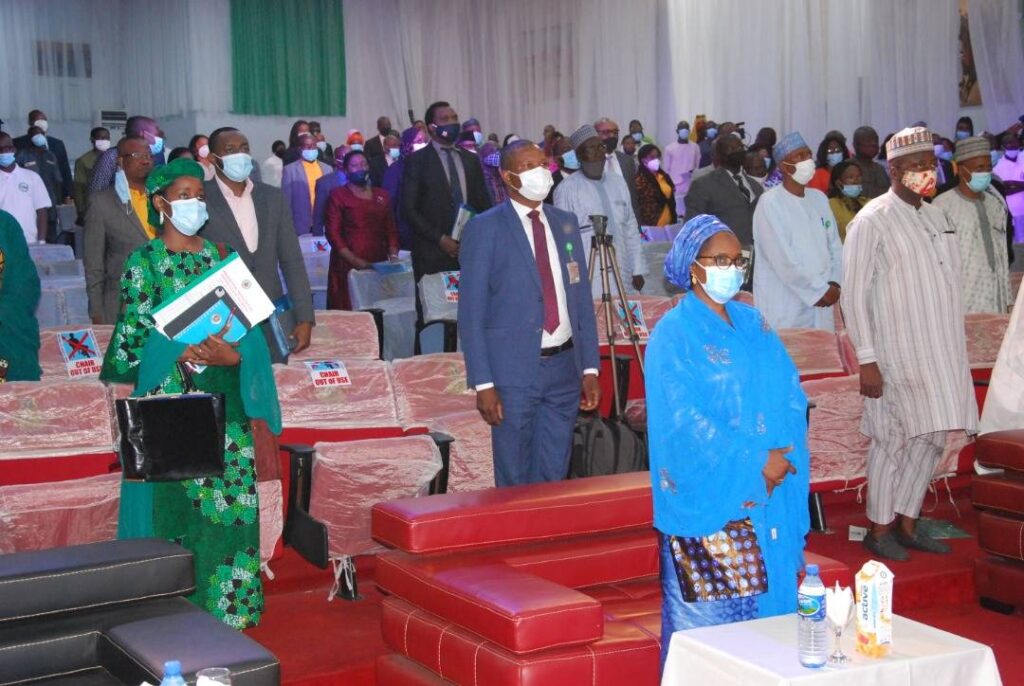
Mrs. Ahmed noted that “the whistle blower policy in Nigeria is the result of this administration’s resolve to vigorously fight corruption in the country. This was one of the campaign promises made to Nigerians on the build-up to the 2015 general elections. On assumption of office in 2015, government set in motion the machinery to strengthen the fight against corruption in Nigeria, with the approval granted by the FEC on 9th march, 2016 for the establishment of the Presidential Initiative on Continuous Audit (PICA).
One of the responsibilities bestowed on PICA, according to her, was the development and implementation of the government whistle blower policy.
“The primary goal of the policy is to strengthen the fight against financial crimes and corruption by increasing exposure of financial crimes and rewarding whistle blowers. The policy is being implemented by an administrative unit under PICA, within the Federal Ministry of Finance, Budget and National Planning, with representations from anti-graft and security agencies, namely; EFCC, ICPC, DSS and the NFIU. There are also representatives of the Office of the Attorney-General of the Federation while PICA serves as the secretariat.
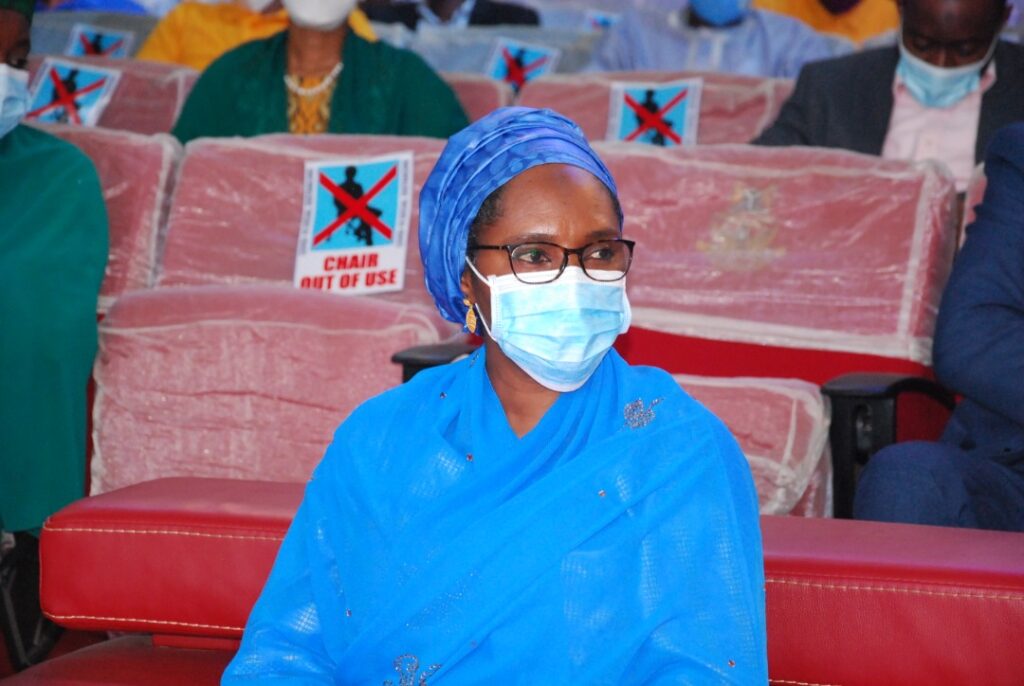
At the conference moderated by a broadcaster, Eugenia Abu, declared open by Vice President, Professor Yemi Osinbajo, who also gave a Keynote Address, Anna Myers, Executive Director, Whistleblowing International Network (WIN), gave a Goodwill Message, Senate Chairman on anti-corruption and his counterpart in the House of Representatives gave Goodwill Messages while heads of different anti-graft agencies, among others, were also present to give technical paper presentations.


